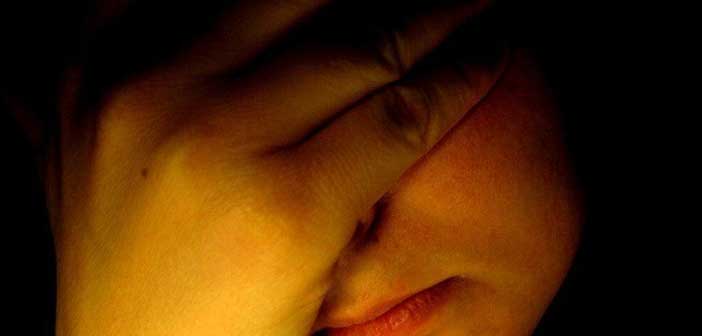While many South Africans are on holiday thousands of matriculants await the release of the 2019 matric results which will be released on the 3rd of January.
During this time of year many candidates experience anxiety and panic attacks during what seems to be “the longest period of their lives”.
‘Mental illness doesn’t go on holiday’ is the theme for the South African Depression and Anxiety Group (SADAG), which has been running the Mental Health Tips for the holidays on their Facebook page.
Clinical Psychologist Charity Mkone from SADAG said research conducted has revealed that one in five South Africans are affected by anxiety annually.
“We define someone suffering from anxiety as someone constantly worries about something whether financially or even with the matric results. Anxiety typically stems from concerns within normal bounds and becomes so overwhelming that they see no way out,” Mkone stated.
Mkone further said the most common anxiety is generalised anxiety disorder which means people tend to worry about the smallest thing in their lives.
“A panic attack is part of an anxiety disorder which can be found from someone having been diagnosed with generalised anxiety disorder. In general, it is a physiological or bodily response, a worry that somebody is experiencing or what someone is feeling,’’ she stressed.
“They are related to an intense fear which strikes visibly without warning with what a person is thinking and the response that your body is feeling that is coming with the thought that you are having,” she added.
Mokone said anxiety can include physical symptoms like heightening of blood pressure, heart palpitations, tightening of the chest or chest pains. She further added that anxiety or panic attacks to some people are equivalent to a near death experience.
“In many cases people have reported that anxiety or panic attacks felt like near death experiences, many said there was no oxygen going to their brains which made it difficult to breath,” she added.
Mkone stressed the importance of firstly knowing what a panic attack is and what to do in cases where a person is experiencing panic attacks.
“Anxiety attacks and panic attacks often co-occur with other disorders such as depression or eating disorders and sometimes it can be a physiological response like hypertension or diabetes,” she stated.
“It’s important for people to know apps like mindfulness, to practice breathing techniques when the person is not having a panic attack so that when they do experience it, they know what to do. It is also very important to be well educated when it comes to anxiety or panic attacks,” she stressed.
For more information e-mail zane@sadag.org or call 011 234 4837 or the 24-hour Helpline on 0800 12 13 14
(Rachel Mohamed)






 WhatsApp us
WhatsApp us 

